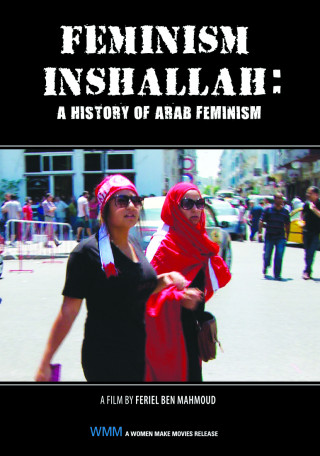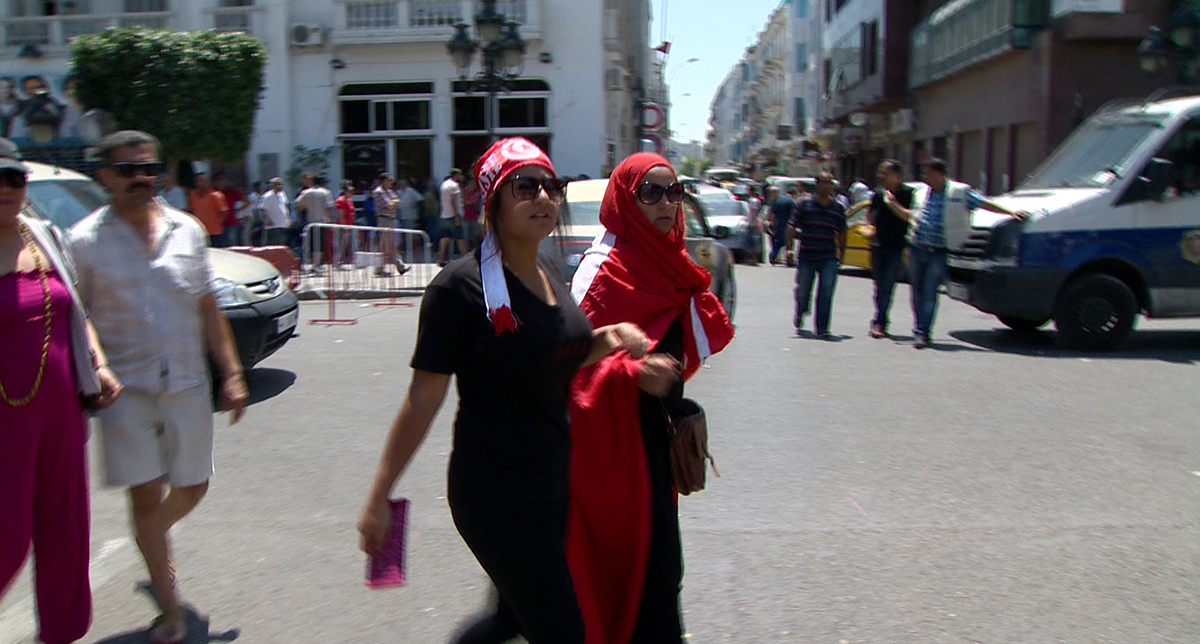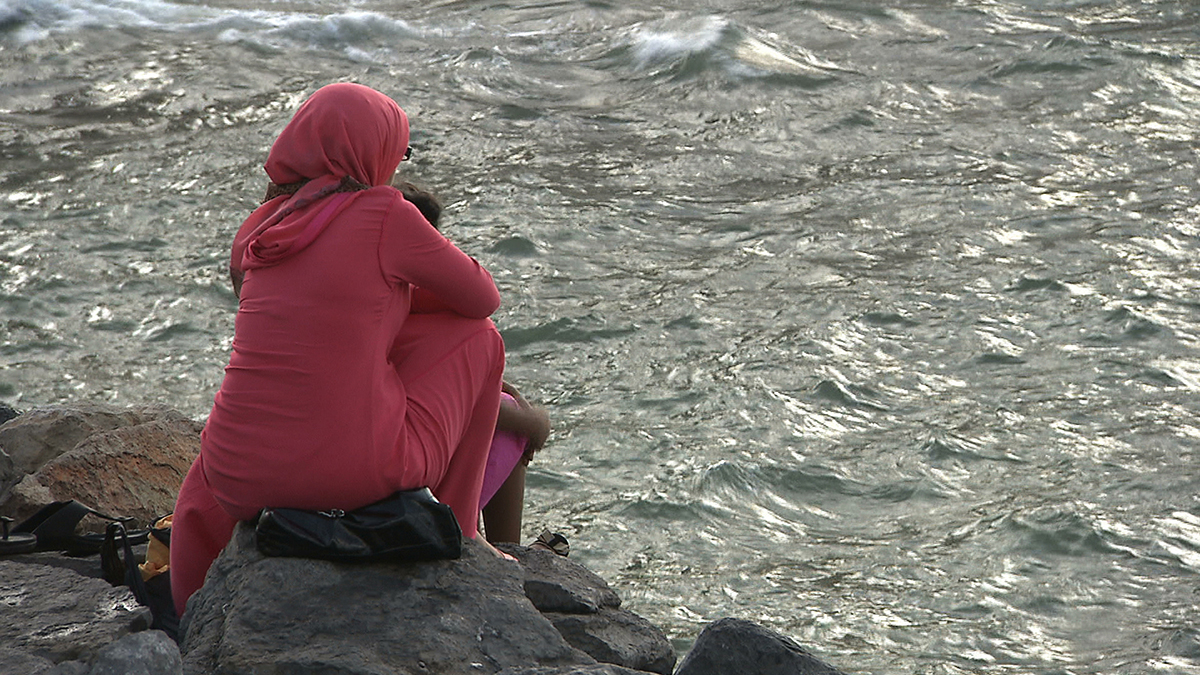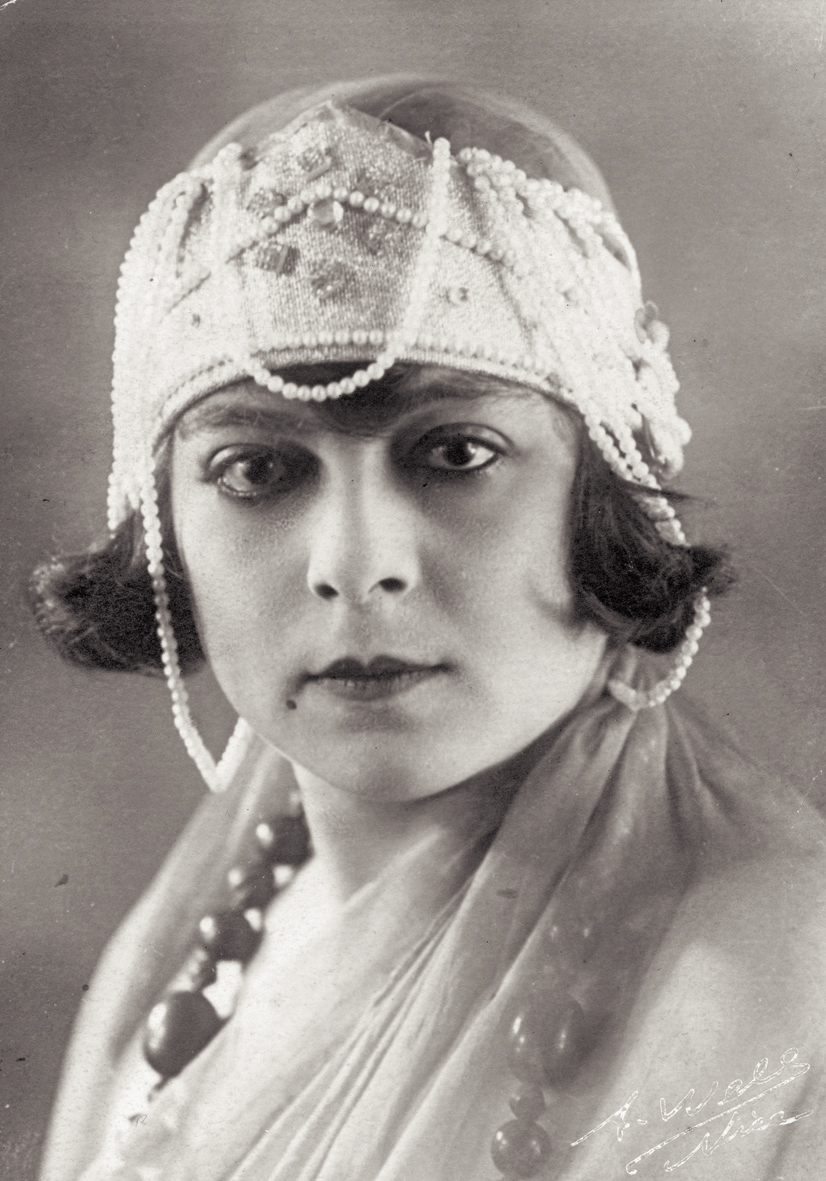Feminism Inshallah: A History Of Arab Feminism
France | 2014 | 52 minutes | Color | DVD | Arabic, French | Subtitled | Order No. 151152
SYNOPSIS
The struggle for Muslim women’s emancipation is often portrayed stereotypically as a showdown between Western and Islamic values, but Arab feminism has existed for more than a century. This groundbreaking documentary recounts Arab feminism’s largely unknown story, from its taboo-shattering birth in Egypt by feminist pioneers up through viral Internet campaigns by today’s tech-savvy young activists during the Arab Spring. Moving from Tunisia to Egypt, Algeria, Morocco, Lebanon and Saudi Arabia, filmmaker and author Feriel Ben Mahmoud tracks the progress of Arab women in their long march to assert their full rights and achieve empowerment. Featuring previously unreleased archival footage and exclusive multigenerational interviews, FEMINISM INSHALLAH is an indispensable resource for Women’s Studies, Global Feminism, Middle East and Islamic Studies.
PRESS
"Makes an invaluable intervention in contemporary debates on feminism by shattering the monolithic ways in which the “Muslim woman” is often framed."
ABOUT FILMMAKER(S)
Feriel Ben Mahmoud specializes in books and documentaries on women’s rights in the Arab world. Previous films include: TUNISIA: YEAR ZERO, CHILDREN OF THE MOON and TUNISIA: A HISTORY OF WOMEN. Published books include: TUNISIE, UN SIÈCLE D’IMAGES (1857-1956), L’ALGÈRIE AU TEMPS DES FRANÇAIS, UN SIÈCLE D’IMAGES and VOYAGE DANS L’EMPIRE COLONIAL FRANÇAIS. (1/15)




